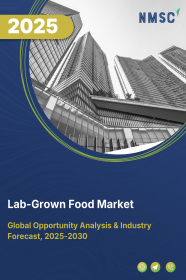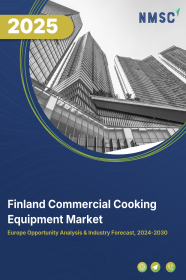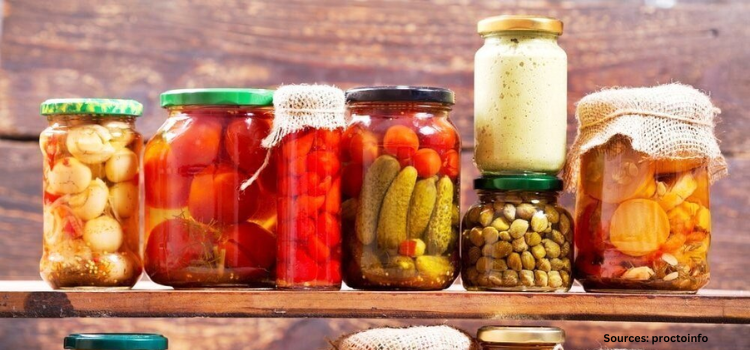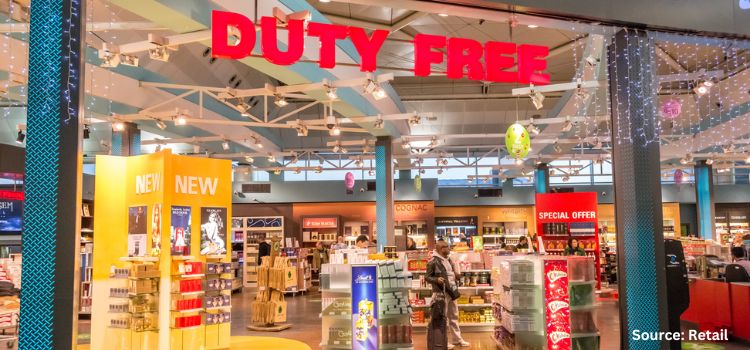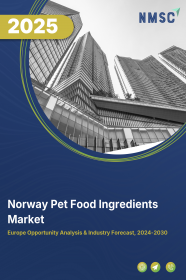
Norway Pet Food Ingredients Market by Type (Non-Vegan, Vegan, and Novel Proteins), by Nature (Organic and Inorganic), by Form (Dry and Wet), by Pet Type (Dog, Cat, and Others), and by Distribution Channel (Online and Offline) – Opportunity Analysis and Industry Forecast, 2024–2030
Industry: Retail and Consumer | Publish Date: 27-Jan-2025 | No of Pages: 117 | No. of Tables: 85 | No. of Figures: 50 | Format: PDF | Report Code : RC2834
US Tariff Impact on Norway Pet Food Ingredients Market
Trump Tariffs Are Reshaping Global Business
Norway Pet Food Ingredients Market Overview
The Norway Pet Food Ingredients Market size was valued at USD 435.1 million in 2023, and is predicted to reach USD 962.9 million by 2030, at a CAGR of 11.5% from 2024 to 2030. In terms of volume the market size was 57.92 kilotons in 2023 and is projected to reach 103.63 kilotons in 2030, with a CAGR of 8.2% from 2024 to 2030.
The pet food ingredients industry refers to the production and supply of essential raw materials required for making pet food. The ingredients sourced from both plant and animal origins deliver essential nutrients including proteins, carbohydrates, fats, vitamins, and minerals to meet the dietary needs of different animal species.
Through various processes such as grinding and blending, these raw materials are refined to improve both flavour and nutritional value. They emphasis on high-quality components, these ingredients support pet health and development, providing important dietary options to meet specific needs.
The companies in this industry prioritize sourcing premium ingredients and ensuring supply chain transparency. This strategic commitment supports market expansion as pet owners increasingly look for quality food choices for their pets.
Rising Pet Ownership Drives the Norway Pet Food Ingredients Market
The increasing dog ownership in Norway fuels the growth in the pet food ingredients market as more households with dog’s drive demand for specialized and nutritious dog food products. This rising demand encourages manufacturers to source a broader range of high-quality ingredients to create formulas for dogs' dietary needs such as grain-free options or omega-rich ingredients.
According to the latest report published by the World Population Review, dog ownership in Norway is projected to reach 500,000 by 2024. This growth in dog ownership is expected to strengthen the pet food ingredients market with manufacturers actively seeking diverse ingredients to meet the rising demand for specialized dog food.
Expansion in Disposable Income Boosts the Growth of the Market
Growing disposable income in Norway supports the growth of the pet food ingredients market as higher household earnings allow pet owners to invest in premium, specialized pet food that supply the pets' nutritional needs.
According to the report published by the OECD Better Life Index, Norway’s average household net-adjusted disposable income per capita accounted for USD 39,144 annually, that exceeds the OECD average of USD 30,490. This increased spending power boosts the demand for premium ingredients that contributes to the market’s growth as pet owners seek better nutrition for their pets.
Scarcity of Resources Restraints the Pet Food Ingredients Market Growth
The scarcity of essential resources creates significant barrier to the growth of the pet food ingredients market as shortages drive up production costs and reduce the availability of nutrient-rich options for consumers. This limited supply makes it challenging for manufacturers to consistently provide high-quality pet food ingredients, impacting both product variety and affordability.
As production costs rise due to resource constraints, companies face increased difficulty in developing diverse and nutritious offerings that ultimately the market's potential for sustained growth.
Adoption of Sustainable Protein Sources Creates Growth Opportunity for the Market
Incorporating sustainable protein sources such as egg proteins, tofu byproducts, black soldier flies, and silkworms is anticipated to create new opportunities for the pet food ingredient market. As compared to traditional proteins such as beef and pork, these options are nutrient-dense and come with a reduced environmental impact. Both egg proteins and tofu derivatives provide vital nutrients while contributing to food waste reduction.
Additionally, insect proteins sourced from black soldier flies and silkworms offer a sustainable, eco-conscious approach to protein production. These options not only fulfill pets’ nutritional requirements but also support the adoption of organic practices, steering the industry toward responsible production and long-term sustainability.
Competitive Landscape
The several market players operating in the Norway pet food ingredients market include Cargill Incorporated, BASF SE, Archer Daniels Midland Company (ADM), Koninklijke DSM N.V., Kemin Industries Inc., Norilia, Pala Petfoods, The Scoular Company, Leo Group Ltd., Sanimax, and others.
Norway Pet Food Ingredients Market Key Segments
By Type
-
Non-Vegan
-
Beef
-
Chicken
-
Fish
-
Others
-
-
Vegan
-
Soyabeans
-
Peas
-
Lentils
-
Others
-
-
Novel Proteins
By Nature
-
Organic
-
Inorganic
By Form
-
Dry
-
Wet
By Pet Type
-
Dog
-
Cat
-
Others
By Distribution Channel
-
Online
-
Offline
Key Players
-
Cargill Incorporated
-
BASF SE
-
Archer Daniels Midland Company (ADM)
-
Koninklijke DSM N.V.
-
Kemin Industries Inc.
-
Norilia
-
Pala Petfoods
-
The Scoular Company
-
Leo Group Ltd.
-
Sanimax
REPORT SCOPE AND SEGMENTATION:
|
Parameters |
Details |
|
Market Size in 2023 |
USD 435.1 Million |
|
Revenue Forecast in 2030 |
USD 962.9 Million |
|
Growth Rate |
CAGR of 11.5% from 2024 to 2030 |
|
Market Volume in 2023 |
57.92 Kilotons |
|
Volume Forecast in 2030 |
103.63 Kilotons |
|
Growth Rate (Volume) |
CAGR of 8.2% from 2024 to 2030 |
|
Analysis Period |
2023–2030 |
|
Base Year Considered |
2024 |
|
Forecast Period |
2024–2030 |
|
Market Size Estimation |
Million (USD) |
|
Growth Factors |
|
|
Companies Profiled |
10 |
|
Market Share |
Available for 10 companies |
|
Customization Scope |
Free customization (equivalent up to 80 working hours of analysts) after purchase. Addition or alteration to country, regional, and segment scope. |
|
Pricing and Purchase Options |
Avail customized purchase options to meet your exact research needs. |

















 Speak to Our Analyst
Speak to Our Analyst



